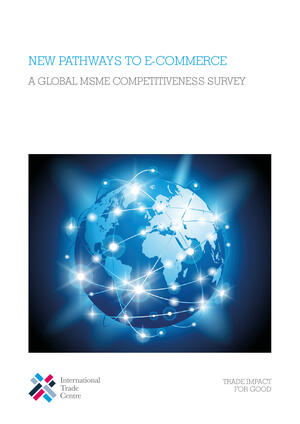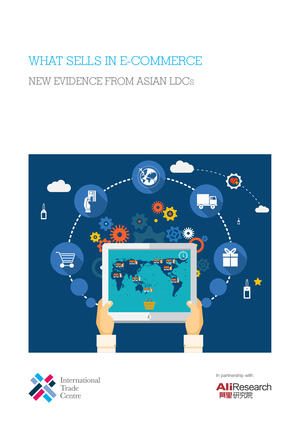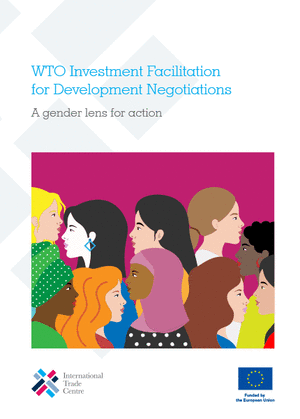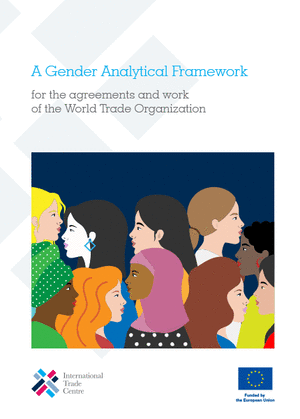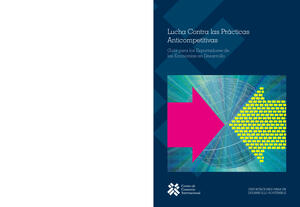New Pathways to E-commerce: A Global MSME Competitiveness Survey (en)
This first ITC e-commerce survey provides valuable insights that will allow countries to shape policies and practices that address the real business needs on the ground. To ensure that micro, small and medium-sized enterprises (MSMEs) can benefit from e-commerce, they need better access to...




